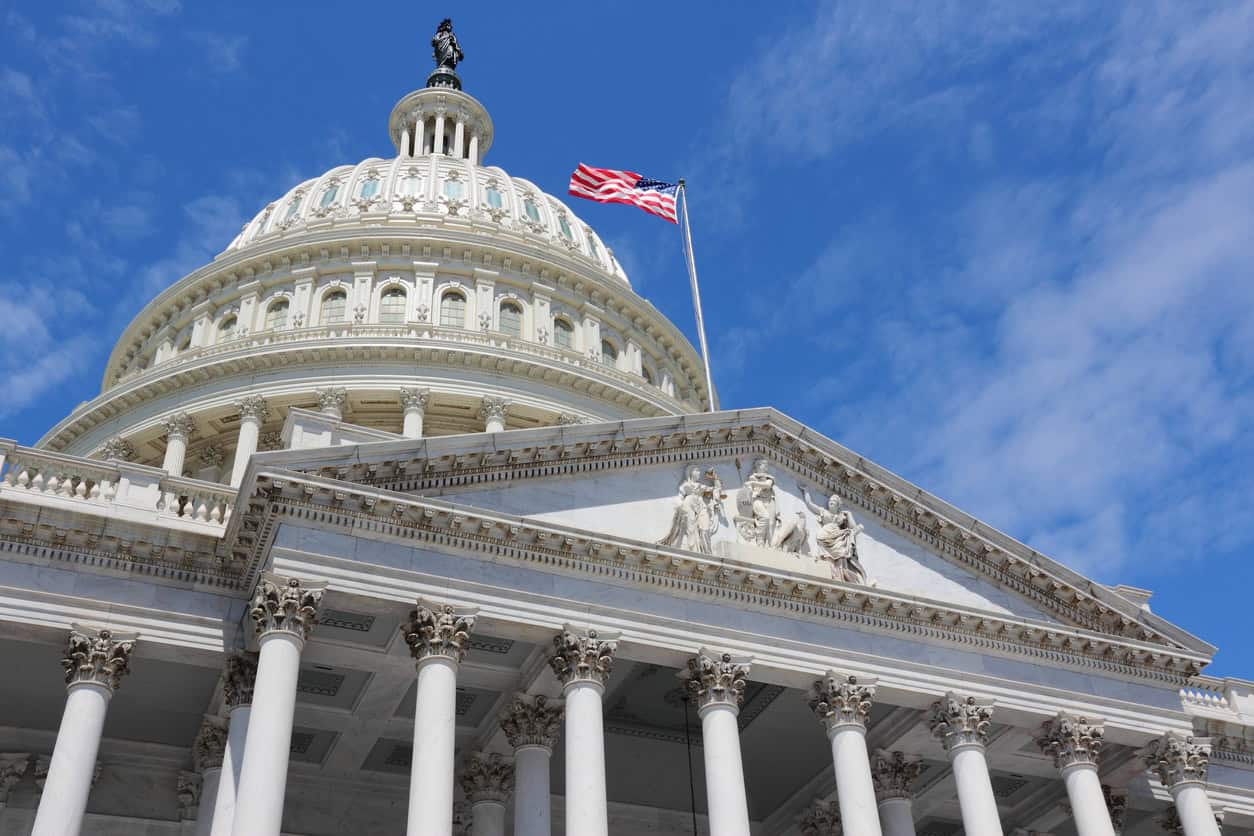As student visa backlogs continue to plague US embassies around the world and the start of the fall semester looms, a bipartisan group of 14 lawmakers have urged the US state department to resolve issues with Indian student visas.
“As members of Congress who represent research universities, we are concerned by reports from our constituent universities about Indian students who have been unable to obtain visas to continue their education in the United States,” they urged Rubio.
Indian students, the largest group of international students in the US, contribute $9 billion annually to the US economy, added the lawmakers, led by Democratic congresswoman Deborah Ross of North Carolina.
In a letter sent to the State Department on July 24, the group said they had seen “first-hand” how the contributions of Indian students to science and research “keep our nation competitive”.
“We are dismayed at the possibility that many of these bright young individuals may be blocked… from continuing their education and research in the United States,” they continued.
Thirteen of the letter’s 14 signatories are member of the Democratic party, with Nebraska representative Don Bacon the only Republican to join the efforts.
With classes starting in just over a month, thousands of students… are at risk of missing the start of the academic year
The letter follows a near four-week suspension of student visa appointments by the state department that began during the peak season for visa processing, causing continued backlogs that remain nearly one month on from the lifting of the freeze.
Though backlogs are impacting students across the globe, the congresspeople raised particular concerns about delays at Indian embassies, with the Indian mission website still carrying a warning that the scheduling of visa appointments this summer cannot be guaranteed.
The Indian Ministry of External Affairs (MEA) is understood to have taken the matter up with the US Embassy in New Delhi as well as the US State Department, with news of the delays being widely circulated by Indian media.
As previously reported by The PIE News, some Indian education consultancies are expecting 80% declines in student levels going to the US, reporting that students are “refreshing their portal everyday” in search of appointments.
The largest source market to the US, visa issuance to Indian students saw a notable drop this May, falling by 41% compared to the same period in 2025, with stakeholders fearing that June data will reveal a worsening picture as the full impact of the visa pause takes hold.
Across the board, May 2024 data showed a 22% year-on-year reduction in the number of F-1 visas issued. Exchange visitor visas were also down 13%.
Appealing to Rubio, the congresspeople emphasised the integral contributions of Indian students to research universities in the US, as well as the wider value of educational exchange: “vital to encouraging collaboration between our nations”.
Advocacy efforts are also stepping up in the sector, led by the US for Success Coalition, a national alliance of more than 50 organisations spanning business, education and innovation.
“This delay and the resulting backlogs couldn’t have come at a worse time,” said Jill Welch, spokesperson for the coalition.
“With classes starting in just over a month, thousands of students – particularly from high-demand countries like India – are at risk of missing the start of the academic year,” Welch said.
The coalition highlighted the widespread consequences of the visa backlogs. If students are barred from entering the US, it could jeopardise the country’s position as the leading destination for global talent, with ripple effects touching local economies and long-term implications for scientific research.
“When we close doors – intentionally or by bureaucratic delay – we send a clear message to the world: that the US may longer be the destination of choice for the best and brightest,” it said. “That is not just a lost opportunity; it is a strategic risk”.
The alliance has called on the State Department to immediately “surge” resources to process new and returning international student visas and ensure there is interview capacity in high-demand countries.
Referring to Rubio’s new rules around social media vetting, it called on the department to prioritise both security and efficiency, “so that screening processes do not become barriers to opportunity”.
“For every three international students, one US job is created or sustained,” said the coalition, citing their annual economic contribution of nearly $44bn annually.
What’s more, “they are ambassadors of democracy and American values creating allyship between the United States and other countries,” they said, highlighting the value of people-to-people exchanges in ensuring the country’s national security.
The increasingly challenging visa policy landscape is already having an impact on student interest, with young people increasingly turning to other destinations, namely the UK.
Sector leaders are calling for “immediate action” to prevent the worst damages while there is still time before the full extent of declines become clear in September.

